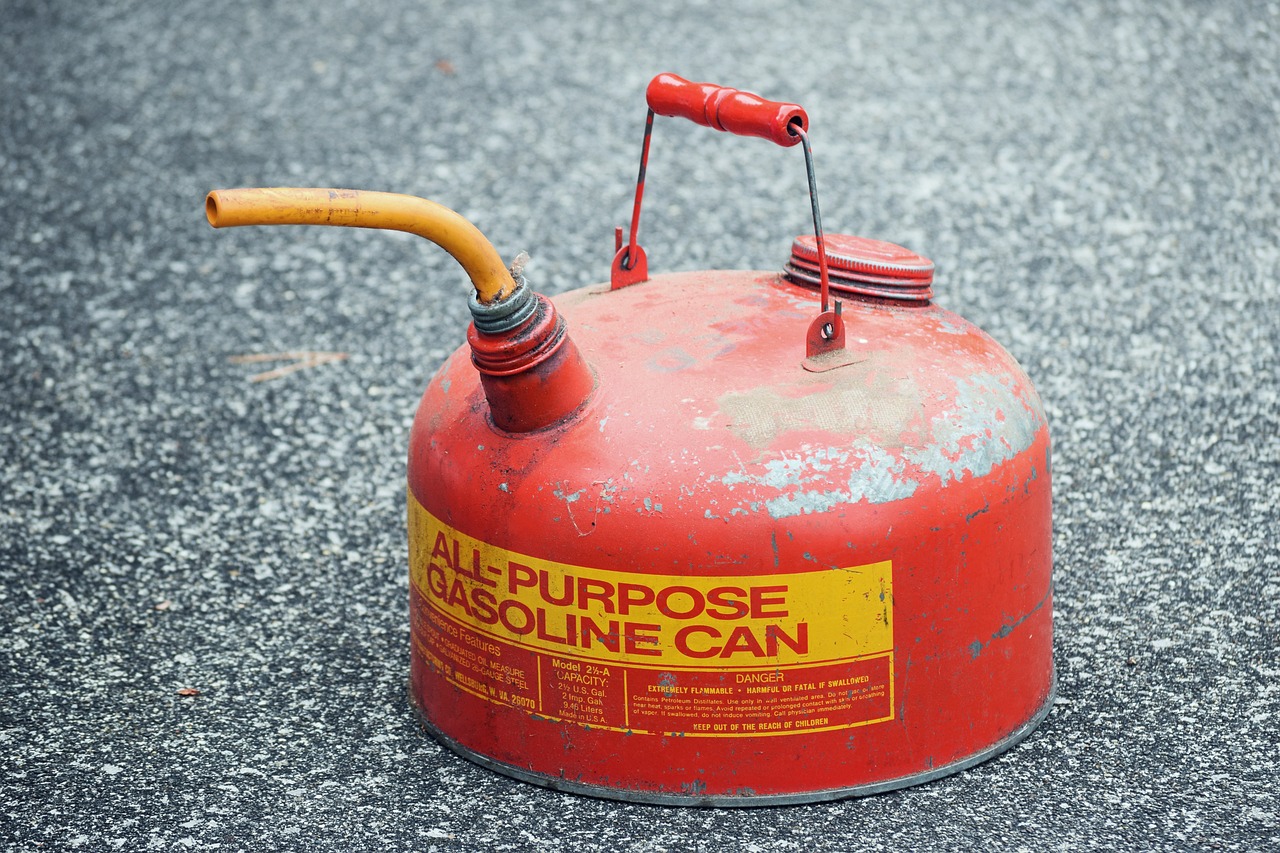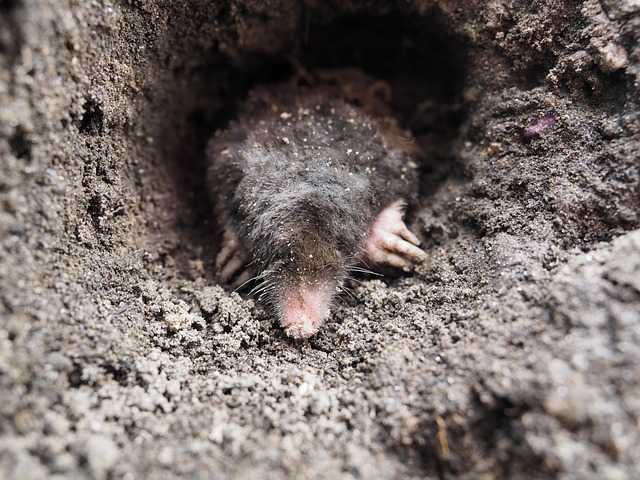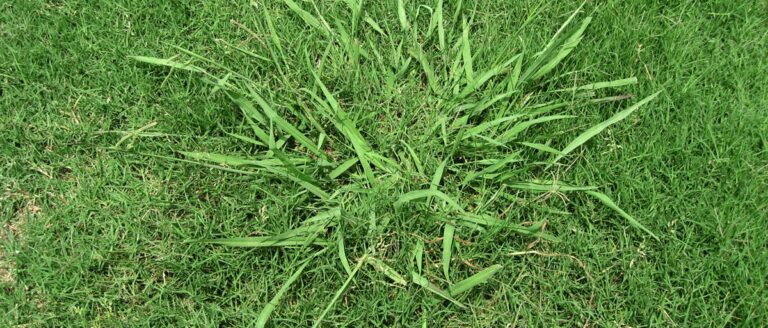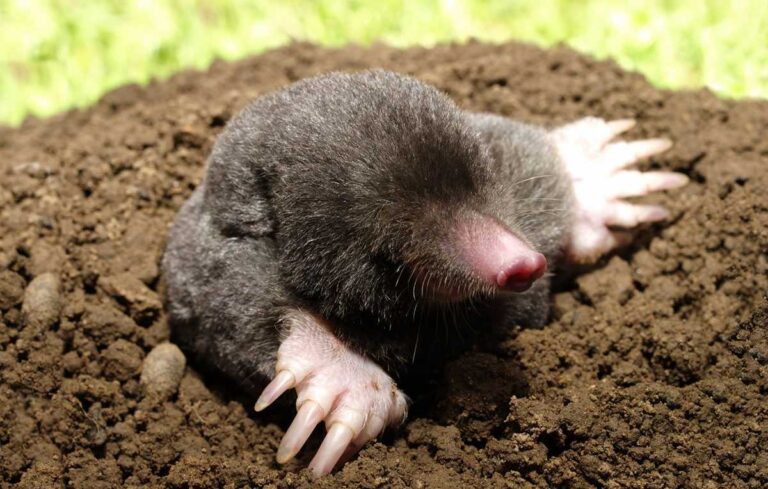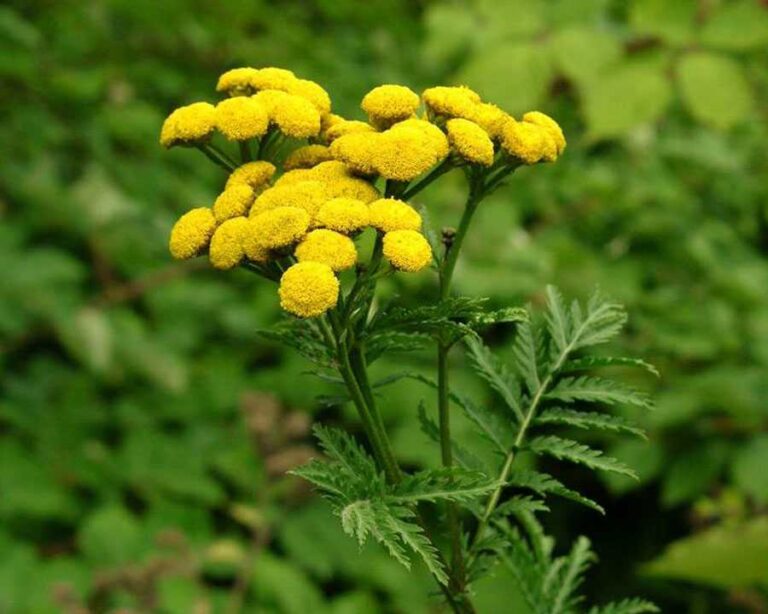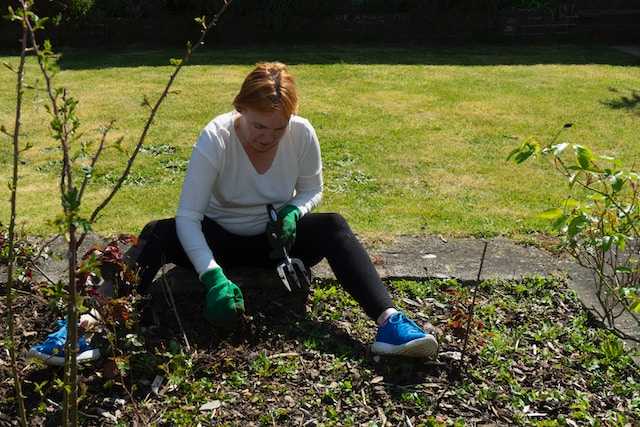Does Gasoline Kill Weeds? Expert Tips
Weeds can be a gardener’s worst nightmare as they compete with desirable plants for nutrients, space, and sunlight. While there are numerous methods to combat weeds, one unconventional approach that occasionally surfaces in discussions is the use of gasoline.
But does gasoline kill weeds? The use of gasoline as a weed killer is a topic of debate and concern because of its effectiveness, impacts on other plants and insects, environmental implications, and the associated hazards. Below, we’ll look at using gasoline to control weeds, its effects on the environment, and provide alternative, safer weed control methods.
Does Gasoline Kill Weeds: Important Factors to Consider
While gasoline can indeed kill weeds, it is essential to consider several critical factors before resorting to this approach. Below are some key factors to consider when contemplating the use of gasoline as a weed control method:
Effectiveness and Precision
As a highly flammable liquid derived from crude oil, gasoline contains a mix of hydrocarbons that can have varying effects on plants. When applied to weeds, gasoline can be effective at eliminating them. Its main mechanism of action is suffocating the weed by blocking oxygen exchange through the plant’s leaves and stems. Additionally, gasoline can penetrate plant tissues and disrupt cell membranes, leading to dehydration and eventual plant death.
Impacts on Other Plants
While gasoline can effectively kill weeds, it does not discriminate between weeds and desirable plants. When you apply gasoline accidentally or imprecisely, it can harm nearby plants, including ornamentals and vegetables. Gasoline exposure can lead to leaf damage, stunted growth, or even the death of non-target plants.
Thus, exercising extreme caution when using gasoline for weed control is crucial to avoid harming desirable plants in your garden. To prevent unintended harm to desired plants, precise application and controlled use of gasoline are essential.
Effects of Gas on Insects
Besides harming desirable plants, gasoline can adversely affect insects. As gasoline evaporates, it often releases volatile organic compounds into the air, harming insects. These VOCs can disrupt the behavior and physiology of various insect species, potentially affecting pollinators like bees and other beneficial insects.
Moreover, gasoline fumes may linger in the environment, contributing to air pollution. Prolonged exposure to gasoline fumes can negatively impact insects by interfering with their foraging and navigation abilities. To maintain a healthy ecosystem, it is important to consider the potential consequences of using gasoline as a weed killer on local insect populations.
Environmental Factors
When using gasoline to control weeds, considering its effects on the environment is crucial. As a petroleum-based product, gasoline’s use and disposal can adversely affect the environment. Petroleum extraction for gasoline production can lead to habitat destruction, air and water pollution, and greenhouse gas emissions.
In addition, gasoline as a weed control method can lead to soil contamination and runoff issues. Gasoline can leach into the ground, potentially contaminating groundwater. Runoff from treated areas can carry gasoline and its byproducts into nearby water bodies, posing a threat to aquatic life and water quality.
Hazards and Health Considerations
Probably the most critical consideration when using gasoline as a weed killer is the hazard it presents. Gasoline is highly flammable, and its improper handling can result in accidents and fires. Using gasoline near open flames, sparks, or electrical equipment can lead to catastrophic incidents.
In addition to fire hazards, prolonged gasoline exposure can result in skin irritation, respiratory problems, and even chronic health conditions. Henceforth, taking appropriate safety measures, such as wearing protective gear and working in well-ventilated areas, is crucial when using gasoline for weed control.
Duration for Weed Death
The duration gasoline takes to kill weeds can vary depending on factors like the type and size of weed and environmental conditions. Typically, gasoline can eliminate smaller and younger weeds within a few hours to a few days, while larger, more established weeds may take longer, potentially up to a week or more. It is important to be patient and allow sufficient time for gasoline to take effect.
How Do You Kill Weeds With Gasoline?
There are two primary methods for applying gasoline to weeds, including:
i. Spraying on Leaves
To use gasoline as a weed killer, follow these steps:
1. Safety first: Start by wearing protective gear, including gloves, safety goggles, and appropriate clothing. Work in a well-ventilated area away from open flames, sparks, or electrical equipment.
2. Mix with water: Dilute the gasoline with water to create a less concentrated solution. The ratio of gasoline to water depends on the specific weed and your preference, but a common mixture is 1 part gasoline to 4 parts water.
3. Application: Use a spray bottle or sprayer to apply the diluted gasoline directly onto the leaves and stems of the weeds you want to eliminate. Be precise and avoid overspraying to minimize the risk of affecting non-target plants.
4. Safety precautions: After use, store gasoline safely in a well-ventilated area, away from children, pets, and potential ignition sources. Wash your hands and any equipment thoroughly to prevent contamination.
ii. Mixing with Herbicides
Some gardeners and farmers mix gasoline with herbicides to enhance weed control. Gasoline acts as a carrier or an adjuvant, increasing the herbicide’s effectiveness. When using this method, following the herbicide manufacturer’s instructions and taking necessary safety precautions is essential.
Alternative, Safer Weed Control Methods
Due to the environmental and safety concerns associated with using gasoline for weed control, it’s always advisable to consider other safer weed control methods. Some effective and environmentally friendly options include:
1. Manual Weed Removal: The simplest and most environmentally friendly method is to manually remove weeds by hand or with the help of garden tools. Ensure you remove the entire root system to prevent regrowth.
2. Mulching: Applying mulch, such as wood chips or organic matter, to the soil’s surface can also suppress weed growth by blocking sunlight and preventing weed seeds from germinating.
3. Herbicides: Consider using herbicides specifically designed for eliminating weeds. Some commercially available organic herbicides use natural ingredients to control weeds. These products can be effective while posing fewer environmental risks.
4. Boiling Water: Another non-toxic yet effective weed control method is pouring boiling water directly on them. It works by destroying the plant’s cell structure.
5. Vinegar-Based Weed Killers: Mixtures of vinegar, salt, and dish soap can be used as a natural weed killer. Vinegar’s acetic acid content is effective in killing weeds.
6. Biological Control: Introducing natural predators, such as insects or animals that feed on specific weed species, can help control weed populations in a more sustainable manner.
7. Preventative Measures: To prevent weed growth, maintain a healthy lawn or garden with proper watering, fertilizer application, and regular maintenance. Proper spacing and plant selection can also minimize weed competition.
The Bottom Line
While gasoline can be an effective weed killer, its use presents various challenges and potential risks. It can harm non-target plants, disrupt insect populations, and have adverse environmental effects. Moreover, its flammability and toxicity make it a hazardous choice for weed control. Nonetheless, if you decide to use gasoline, exercise extreme caution and prioritize safety. Alternatively, consider methods that are less harmful to the environment and your health.
